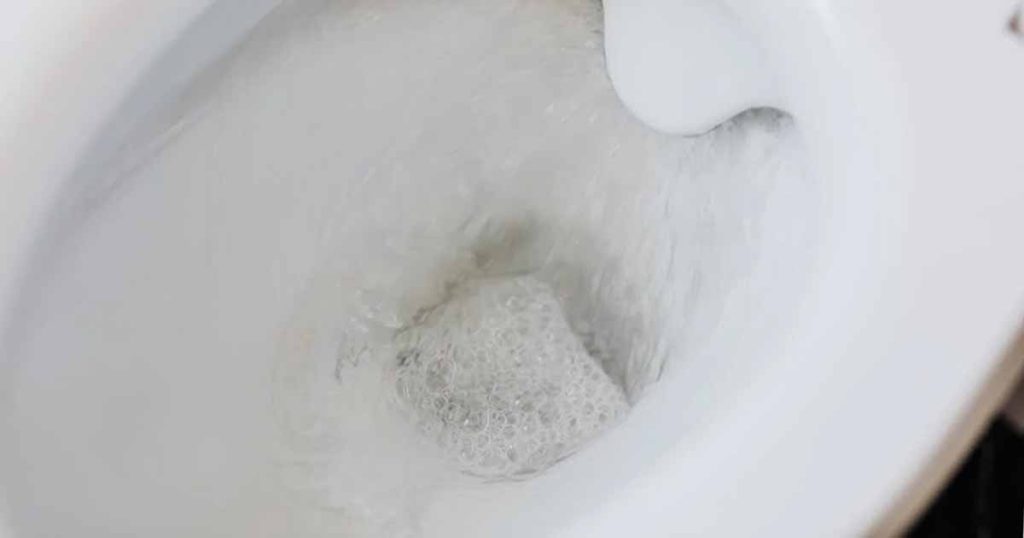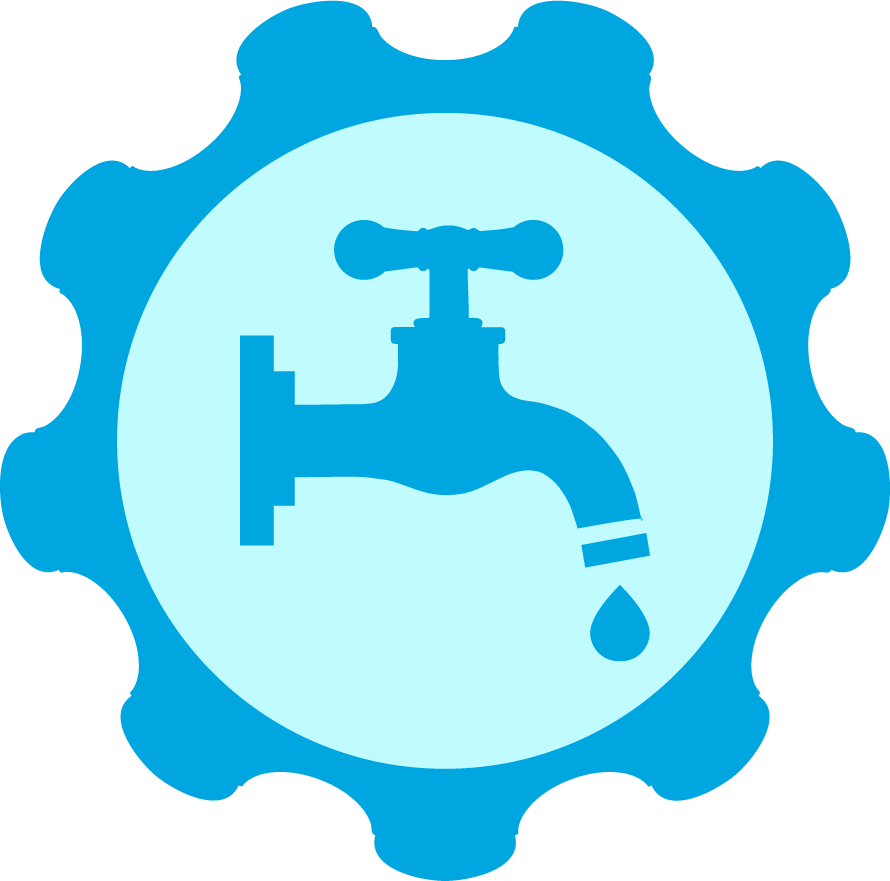Wet Wipes: Why They Fail the Flushability Test

Is it ever okay to flush wet wipes? Many licensed plumbers connected through PlumberHelp advise that only three things belong in your toilet: urine, solid human waste, and toilet paper. Including anything else in the mix may lead to stubborn clogs and expensive repairs. While flushing a single wipe might seem harmless, the real problems begin further down the sewer system.
Table of Contents
The Problem with “Flushable” Wipes
Wet wipes often flush without issue, mainly if you only use one or two. However, once they enter older sewer lines made of clay, concrete, Orangeburg, or iron, they can easily catch on tree roots or other debris that infiltrate the pipe joints. Over time, these wipes accumulate and form blockages—even more so when mixed with paper towels, tampons, or facial scrub pads.
Dissolving vs. Disintegrating
- Toilet paper: Some types dissolve almost instantly, while the heavier-duty varieties will typically break down within 24 hours of being submerged in water.
- Paper towels take significantly longer to disintegrate.
- Wet wipes, tampons, and sanitary napkins May remain intact for days, weeks, or even longer.
When these materials don’t break down, sewer backups can occur, forcing homeowners to pay for a professional plumber to clear the pipes and restore normal flow.
Downstream Consequences
Clogs and backups in residential lines aren’t the only issues. Municipal sewage treatment plants also suffer when wipes and similar products travel through the system. The fibers in many non-flushable wipes can jam pumps and cause expensive, premature failures. Naturally, this cost is often passed along to taxpayers.
Are “Flushable” Wipes Flushable?
Some wipes are made with pulp-based materials—these may disintegrate more quickly. The problem is that most consumers don’t read labels and assume all wipes are created equal, leading to a cascade of clogs and machinery damage.
Simple Rules for a Clog-Free Home
- Flush Only the Essentials: Urine, human waste, and toilet paper are the safest bets.
- Bag the Rest: Toss wet wipes, paper towels, cotton balls, and other items in the trash.
- Be Cautious of Labels: Even “flushable” wipes can pose a risk if they contain fibrous materials.
- Monitor Older Sewers: Clay or iron pipes are susceptible to root intrusion and snags.
Need Professional Help?
If you’re experiencing frequent backups or suspect your sewer lines are clogged with non-flushable items, PlumberHelp can connect you with licensed plumbers. A trusted professional can:
- Inspect your sewer lines with specialized cameras.
- Clear stubborn blockages using professional-grade equipment.
- Advise on best practices to prevent future clogs and protect your plumbing system.
Stay safe and proactive by keeping wipes out of your toilet and contacting PlumberHelp if you ever run into serious plumbing issues. By following these guidelines, you’ll help extend the life of your sewer system—and save money on expensive repairs down the road.
